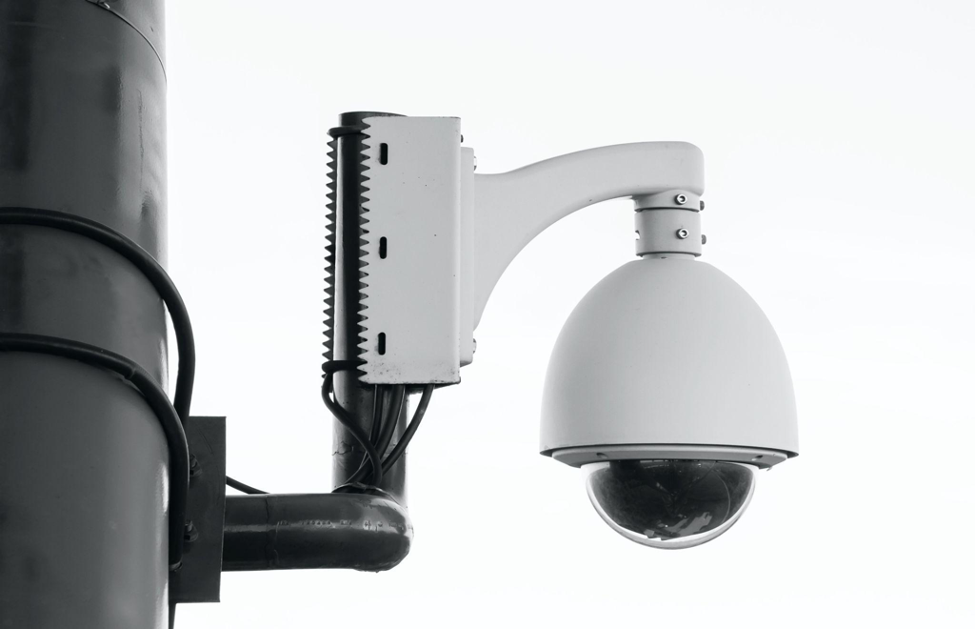Technology has improved security and surveillance capabilities by enabling advanced video security systems. The video surveillance camera market stood at 23.6 billion U.S. dollars in 2019, with estimates projecting it will reach 44 billion U.S. dollars by 2025. Let’s talk about DVR vs. NVR.

This guide is all about security camera recorders and what’s best for you. There are benefits and drawbacks to each system; you need to select the one that fits your demands best.
What is DVR in Security?
DVRs (Digital Video Recorders) allow you to record security video captured by your CCTV security camera and review it later. There are also new DVRs that operate with any sort of camera.
Pros of DVR
- Existing coaxial cable systems can be used.
- More affordable in price.
- Ideal for upgrading an existing CCTV analog system.
Cons of DVR
- Poor video quality
- There is no wireless option.
- Each camera requires a separate power supply.
What is NVR in Security?
A network video recorder (NVR) records video and saves it on a hard disc or in the cloud. NVRs are used with digital internet protocol (IP) cams to establish a monitoring system.
They typically operate around the clock and can be adjusted to alert the result of specific activity at particular times of the day.
Pros of NVR
- Best quality video
- More coverage from fewer cameras
- Added audio
Cons of NVR
- Expensive IP cameras.
- Insufficient network security.
- When Wi-Fi is obstructed, wireless NVR systems may experience signal loss.
DVR vs. NVR – Which is Better?
NVR has more advantages than DVR. Certain situations, though, may influence your options. Choose NVR if all you need is a security system that records video. In contrast, NVR systems have a finite value because their usability and security decrease dramatically over time.
Once you have chosen one of them, you can contact us. Praetector can help you install both NVR and DVR.
